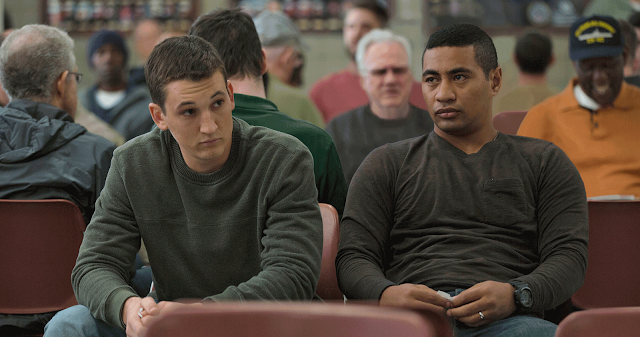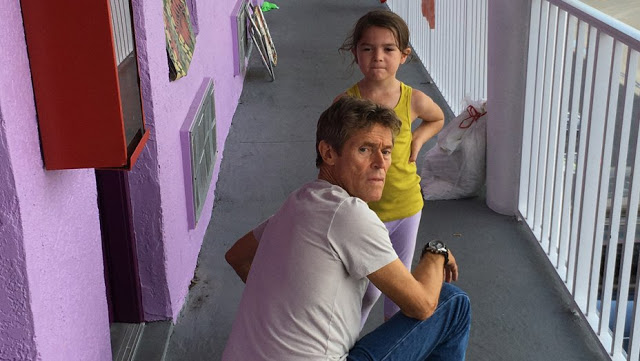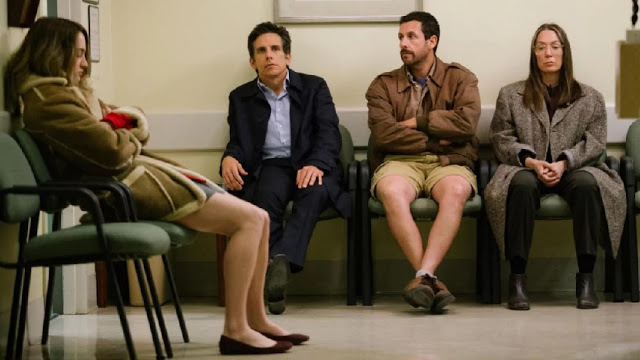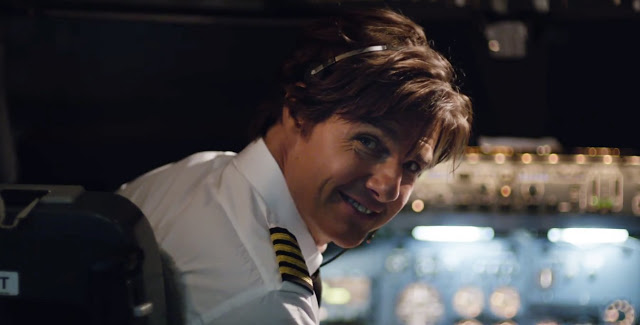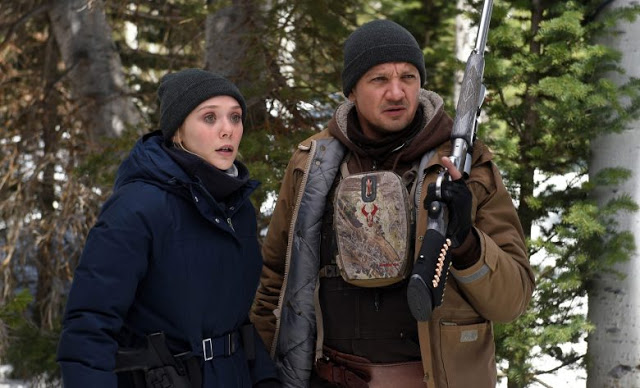Thank You for Your Service: Back from War, Now Fighting Demons
In the best scene in American Sniper, a one-legged veteran (Mindhunter’s Jonathan Groff) cautiously approaches Bradley Cooper’s titular Navy SEAL in an auto shop and warmly thanks him for saving his life during battle. It’s a moment that ordinarily would play as sweet and triumphant, but instead it’s awkward and tentative, as Cooper’s laconic soldier is utterly incapable of handling such direct gratitude. Now, Sniper screenwriter Jason Hall homes in on that discomfort with Thank You for Your Service, a humane and sober movie that tackles the war after the war.
Based on a book by David Finkel, Thank You for Your Service is a film of such unimpeachable decency—well-intentioned, understanding, respectful—that it’s virtually impossible to disapprove of. But those same qualities make it difficult to enjoy, or even really admire, as a piece of cinema. It’s more message than movie, and while the message—that post-traumatic stress disorder is a serious illness, and that many of our veterans need psychiatric help far more than they need banal platitudes—is undoubtedly worth conveying, the delivery system lacks oomph. It’s a movingly penned essay that just happens to unfold on screen. Read More

